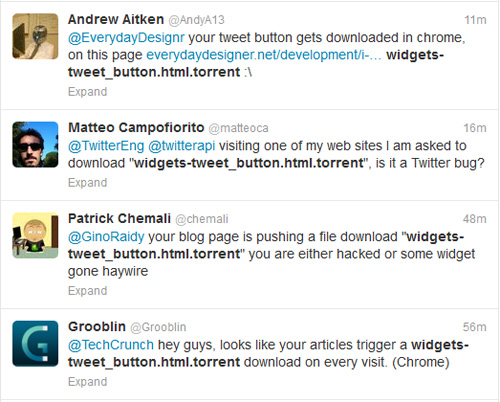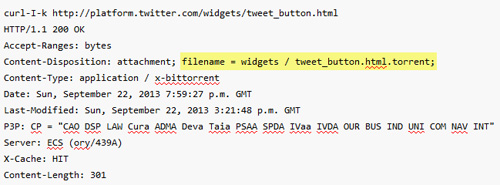Subscribers Pirate Game of Thrones Even Though They Already Paid For It
mercredi 25 septembre 2013 à 10:24 In 2013, one TV show above all others generated controversy, discussion and ideas on a level rarely seen before.
In 2013, one TV show above all others generated controversy, discussion and ideas on a level rarely seen before.
Game of Thrones was a worldwide smash-hit, but it was the show’s effects on unauthorized downloading that provided the fuel behind many of the headlines.
The season premiere got the ball rolling on unauthorized consumption, setting a BitTorrent swarm record in April. By the time the finale aired in June, pirates were still having fun, setting a new record in the process.
While most GOT pirates could be tracked back to the United States and United Kingdom, the number three spot was taken by Australia. There are just over 22 million people Down Under so per head Aussies easily took the worldwide downloading crown. It was this ‘feat’ that yesterday prompted yet another high-ranking executive to mention the show and another smash-hit, Breaking Bad, alongside their dubious records.
Speaking at a Goldman Sachs investment conference, News Corp CEO Robert Thomson said that piracy was showing no signs of letting up Down Under.
“Piracy in Australia is at an extraordinary level,” he said.
“Sixteen per cent – that’s one in six – of all illegal downloads of Breaking Bad are in Australia. There aren’t that many people in Australia,” he joked.
But again it was Game of Thrones generating the most interesting debate. News Corp owns 50% of pay television company Foxtel, the outfit with the rights to show Game of Thrones in Australia. At last count during August the company had around 2.5 million subscribers, but despite the show being legally available to them, the News Corp CEO said that 20% of Foxtel customers still chose to watch the show illegally.
“People are just in the habit of illegal downloads,” Thomson said. “Australians have very bad habits – piracy happens to be one of them.”
Of course, Thomson does have a point. Habits can be very hard things to break, especially ones that have proven so useful over the years. Australians have long complained of being treated as second class citizens when it comes to media availability, so BitTorrent networks have proven extremely popular, as borne out by prominent Aussie placings in TV show downloading charts.
Some moves have been made to get content to Australia quickly. In March, Foxtel announced that it would make available season 3 of Game of Thrones within two hours of its U.S. premiere, but by May things were going backwards again. Foxtel said it would stop offering the show quickly due to a deal it signed with HBO in the United States.
Then in July, Foxtel gave customers more reasons to pirate when it locked down its Foxtel Go “watch anywhere” service, banning users of jailbroken iPhones in addition to Android users not using “selected” Samsung devices.
During yesterday’s conference Thomson said that consumers of unauthorized TV shows should be made better aware of the “inherent value of content and obeying the law” but the fact that 20% of his customers chose to pirate something they already paid for should send a very strong message indeed. For whatever reason, free BitTorrent is better than a premium subscription service. That has to be fixed.
Source: Subscribers Pirate Game of Thrones Even Though They Already Paid For It
 For the last couple of years the music and movie industries have kept up the pressure on Google, blaming the search engine for connecting would-be pirates with unauthorized online content.
For the last couple of years the music and movie industries have kept up the pressure on Google, blaming the search engine for connecting would-be pirates with unauthorized online content.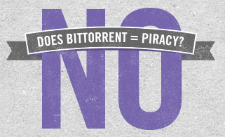 For two years Google has been
For two years Google has been 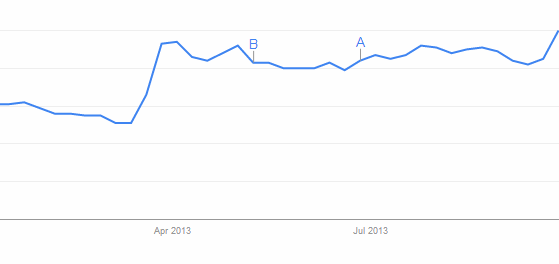
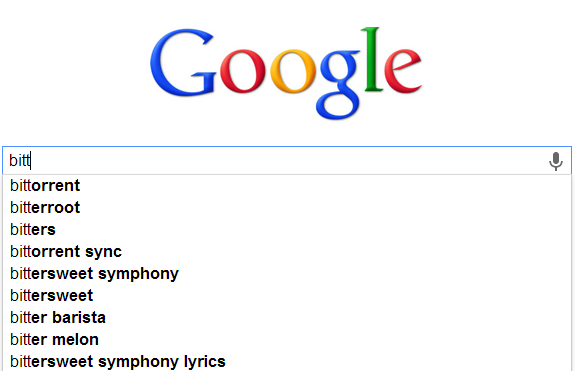
 Earlier this month H33t, one of the largest BitTorrent sites,
Earlier this month H33t, one of the largest BitTorrent sites,  BitTorrent is most often associated with peer-to-peer file-sharing and the downloading of media such as music, movies and TV shows.
BitTorrent is most often associated with peer-to-peer file-sharing and the downloading of media such as music, movies and TV shows. 